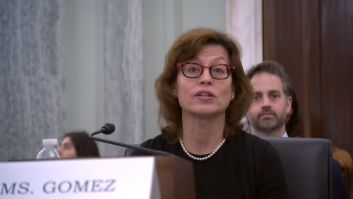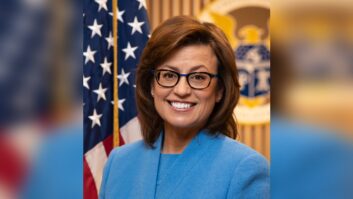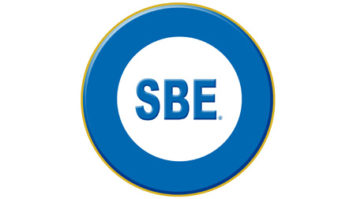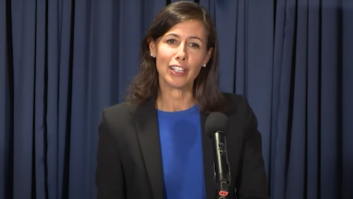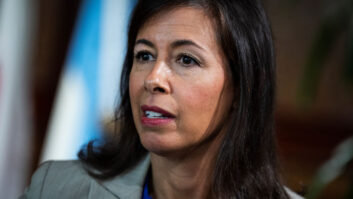With the largely unexpected election of Donald J. Trump as President of the United States, it is useful to consider how the Federal Communications Commission will change under his administration, and how these changes will affect the broadcast industry.
First, and most fundamentally, the leadership of the FCC will change. The president has the right to nominate commissioners for approval by the Senate. Traditionally, an incoming president will specify a new chairperson upon taking office, and most times, the immediate past chairperson resigns from the FCC as of the inauguration date. But, as with the election itself, this is a nontraditional year, and the FCC may be in for some rough waters.
Chairman Wheeler�s term on the FCC does not expire until 2018, whereas Commissioner Rosenworcel�s term expired earlier in 2016. If her re-nomination is not approved by the Senate by the end of the year, her term will automatically expire. That would leave Chairman Wheeler and Commissioner Clyburn as the two Democratic appointees, and Commissioner Pai and Commissioner O�Rielly as the two Republican appointees.
While President-Elect Trump will have the power to name a new acting FCC chairperson when he takes office (the smart money is on Commissioner Pai), there is a possibility that Wheeler will stay on as a commissioner until his term expires. Trump would then have to nominate a third person, a move which could be delayed until the middle of 2017.
HYPOTHETICAL SHIFTS
With the (hypothetical) acting Chairman Pai or O�Rielly taking over on Jan. 20, 2017, it is likely that we will see several proceedings that were thought to have been resolved by the end of 2016 either reopened or significantly modified.
For example, the FCC was ready to vote on several items at its Nov. 17, 2016, meeting, but Chairman Wheeler was warned by certain congressmen that the FCC should not take action on any contested rulemaking items prior to the new administration taking office. That warning led to the deletion of items that would have led to new rules for business data services, universal service fund reform, and video description requirements.
Also, because the FCC chairperson sets the agenda while holding office, it likely that we will see action on items that are important to the acting chairperson.
For example, Commissioner Pai has been a strong advocate for the revitalization of AM stations, and pledged in October that he would press for new FM translator filing windows for AM stations to be opened as soon as possible in 2017. He has also been a strong proponent of further reforms to the public file requirements, and supports the elimination of the requirement that stations maintain letters and emails received from the public in a paper inspection file.
Commissioner O�Rielly has spoken out against pirate radio operators and emphasized the need for their elimination. In a speech before the New Jersey Broadcasting Association, O�Rielly promised that he would do everything he could to �rid the airways� of pirate radio operators, including working with Congress to increase the fines and penalties that the FCC can impose on violators.
Another possible area for further reform is the recently adopted media ownership rules, and the decision to maintain the newspaper-broadcast cross-ownership rule. While the FCC determined to keep the ownership ban in place, both Republican commissioners opposed the decision, and we may see additional work to eliminate that ban, either at the FCC or on Capitol Hill.
Both Republican commissioners also support the migration of television broadcasting to the ATSC 3.0 standard, so we might see FCC movement in that regard in the new year, as well.
Finally, there is also talk of a re-write of the Communications Act in the new Congress. The last major overhaul was in 1996, when, among other actions, the broadcast ownership rules were substantially relaxed. Leading House members and senators have called for the reauthorization of the FCC, as well as adopting reforms on how the FCC conducts its rulemaking procedures.
Thus, while it is clear that the election of Donald J. Trump will lead to many changes throughout the country, it is also likely our little corner of the universe will experience significant change. Stay tuned in 2017.
Petro is of counsel at Drinker Biddle & Reath LLP. Email: [email protected].






